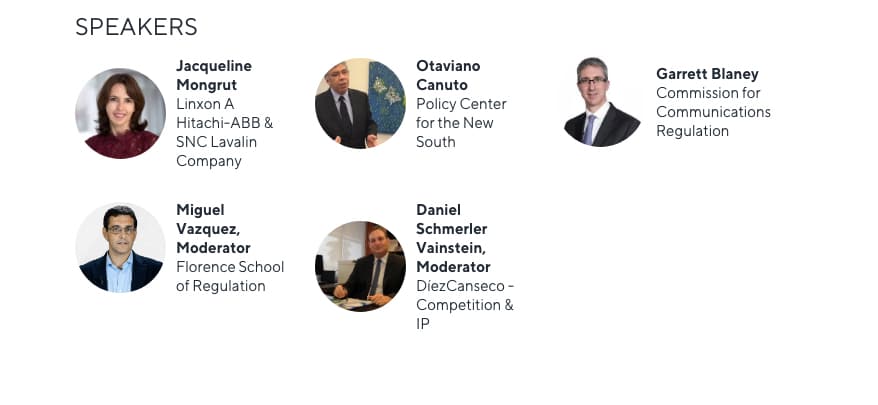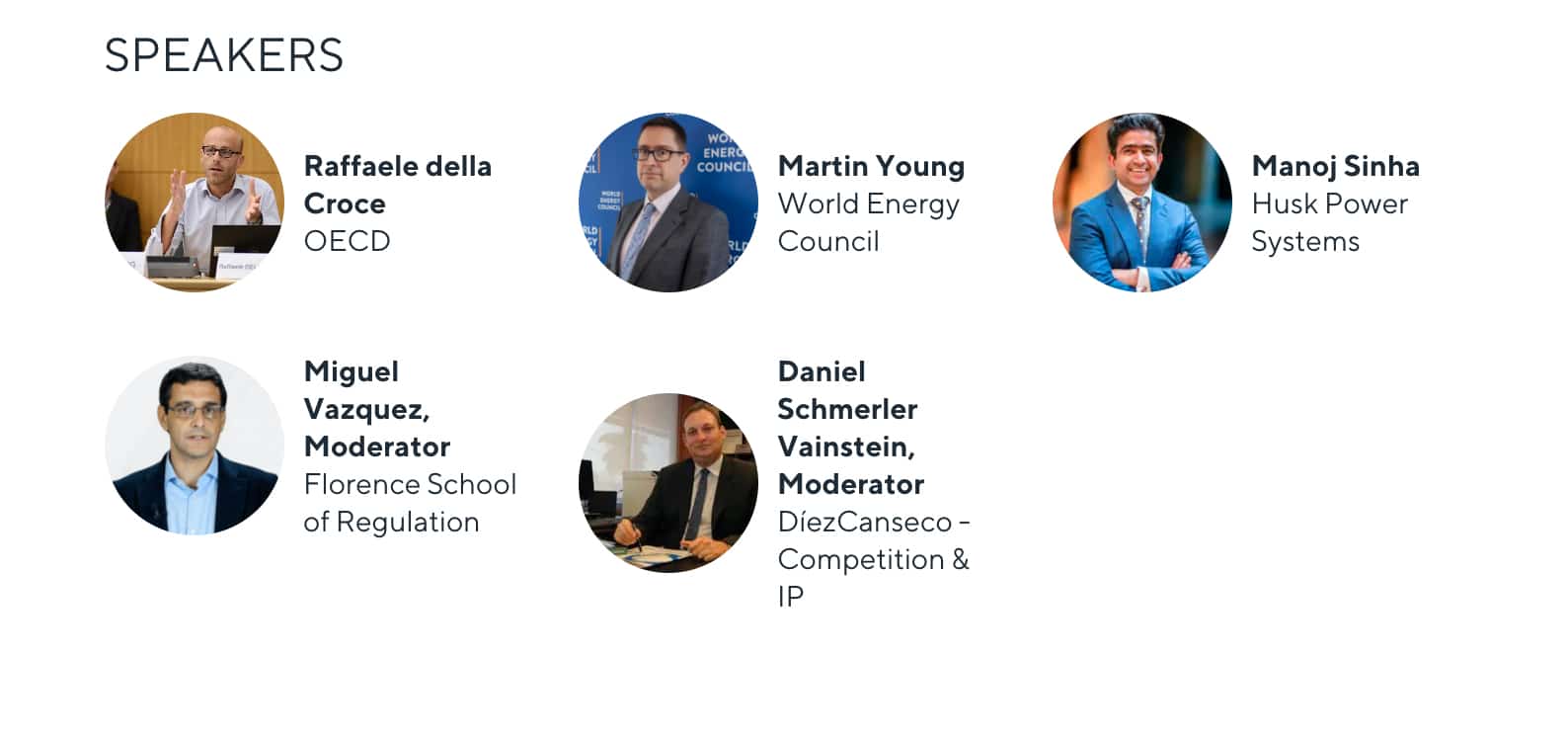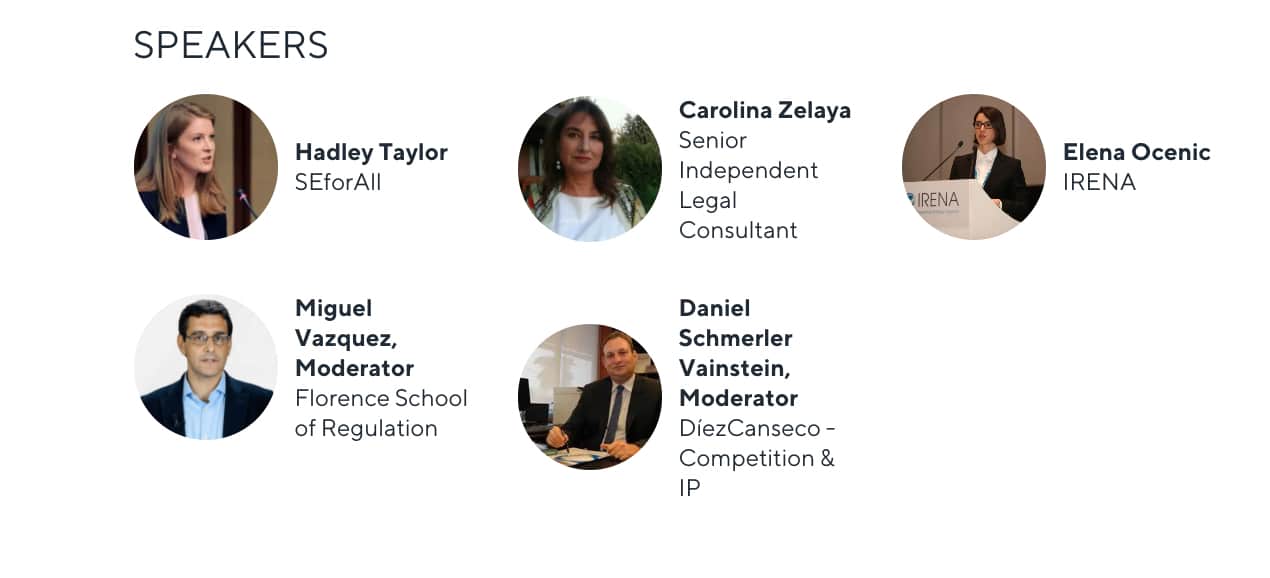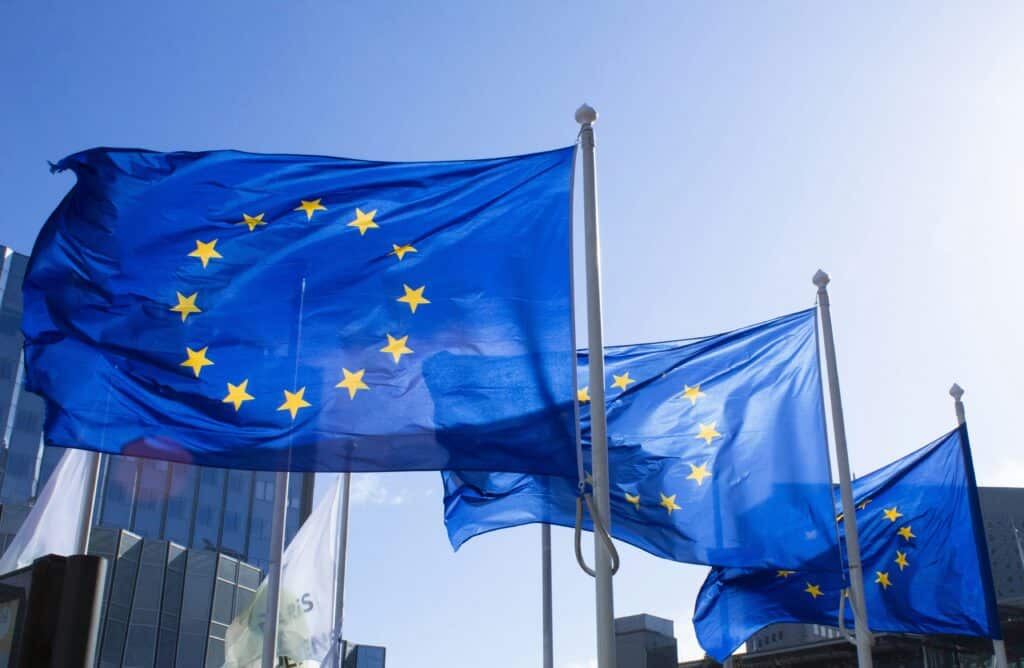Energy Innovation Week with FSR Global
Explore the intersection between regulatory practice and policies to facilitate technological development in energy industries.
FSR Global Energy Innovation Week: Regulatory learning to realize financing for energy transitions
The electricity industry is the arena where various kinds of policies interact. The interplay between environmental and energy policies have been extensively studied and discussed. However, the innovation wave of the last years adds a new layer of policies to shape the evolution of the electricity industry: innovation policies. Transitions imply disruptive innovations but they should be also guided by policies that facilitate structural change and smooth out the process. In that context, although the combination of regulation and innovation is often challenging, they are nowadays closer than at any time before in the electricity industry.
In this context, the assumption that regulations can be crafted slowly and purposely, and then stay in place for long horizons without change, is being challenged by considerable innovation activity. This includes, importantly, deep changes in the possible ways to finance energy projects, and the emergence of a new ecosystem of offer and demand for financing. Consequently, regulatory practice faces the challenge of reviewing regulations (or creating new ones), enforcing them, and communicating with the public, at a significantly increased pace. And all that needs to be done simultaneously to dealing with legacy market designs.
The three Energy Innovation Week sessions intend to contribute the identification of common elements of the population of challenges that conform the current regulatory landscape, in order to define a framework that facilitates regulatory learning to realize financing of energy transitions.
Session 1: Digitalization and long-term investment in energy assets
Session 2: Public financing of green innovation: Matching offers and demand for financing
Session 3: Mobilising private investment for green, climate-resilient energy assets: The role of innovation in finance
The three Energy Innovation Week sessions intend to contribute the identification of common elements of the population of challenges that conform the current regulatory landscape, in order to define a framework that facilitates regulatory learning to realize financing of energy transitions.
As a product of this discussion among stakeholders, regulators, policy-makers and researchers, we aim at producing a summary of several important questions in the intersection between regulatory practice and policies to facilitate technological development in energy industries.
Following the sessions, your moderators, Miguel Vazquez and Daniel Schmerler will go live on twitter to debrief, share the key takeaways.
Learn more and register for the three sessions below of Energy Innovation Week!
Energy Innovation Week: the breakdown
Session 1: Digitalization and long-term investment in energy assets
October 26, 2020 @ 2:00 pm – 3:00 pm CET
Watch the recording:
Technological innovation may just increase the efficiency of industry, significantly transform it, or even disrupt entirely it. To transform or to disrupt, innovation needs to change the industry players and the way they interact. We focus on smart contracts and the link to the discussion on open energy markets. The rationale behind it is that the political discussion on digitalization and the technology discussion on Distributed Ledger Technologies and the Internet of Things comes together in the form/type of contracts in the future.
Clarifying the form/type of contracts will help to clarify what needs to be done in terms of market rules in the future. We may think the digitalization of energy industries as made up of three levels: i) challenges of data production and management; ii) the design of a digital energy marketplace; and iii) the consumer side of the new marketplaces, i.e. how these changes add value to consumers. In this debate, we deal with the changes in market design, and our proposal is to articulate the analysis on smart transactions, in the sense that they represent the bridge between the data side and the consumer side of the change associated with the digital transformation.
In Session 1 of Energy Innovation Week, we will discuss three aspects of regulatory learning:
- The needs of data that is not available, and also to disseminate what data is available but stakeholders do not know
- Potentially anti-competitive behaviours
- Standard clauses for automated long-term contracts, and the associated financial aspects
Learn more and register for Session 1.
Session 2: Public financing of green innovation: Matchmaking of offer and demand for financing
October 27, 2020 @ 2:00 pm – 3:00 pm CET
Watch the recording:
Relevant recent literature states that direct and pervasive public financing has been instrumental in the development of innovative technological trajectories. The reasoning builds on: (i) the presence of finance from public sources across the entire innovation chain; (ii) the concept of ‘mission-oriented’ policies that have created new technological and industrial landscapes; and (iii) the entrepreneurial and lead investor role of public actors, willing and able to take on extreme risks, independent of the business cycle.
On the other hand, public financing depends largely on the availability of funds. The available capital (human or otherwise) for different jurisdictions is different, which may motivate a case for heterogeneity of policies regarding innovation funding.
Moreover, the question becomes more complicated when the connection between public and private is not straightforward. The gap between infrastructure needs and available finance may be relevant and public policies may help in bridging that gap.
In Session 2 of Energy Innovation Week, we intend to address, among other topics:
- Discuss the role of public finance in the development of green infrastructure
- The role of project structuring in de-risking of green infrastructure
- What level of risk is acceptable/desirable for public institutions?
Learn more and register for Session 2.

Session 3: Mobilizing private investment for green, climate-resilient energy assets: The role of innovation in finance
October 29, 2020 @ 2:00 pm – 3:00 pm CET
Sustainable development goals imply aligning specific infrastructure investment needs with broader long-term development strategies. This requires a combination of policies (energy, climate and industrial policies), innovative financing solutions and support to technological development. Significant efforts associated with an investment in green, climate-resilient infrastructure are planned for the near future. Actually, as a part of the economic recovery action (associated with the potential contra-cycle measures post coronavirus crises), financial institutions may play an important role to guarantee efficient investments.
In the past decade, macroeconomic policies together with sector-specific factors have facilitated investor interest in green infrastructure. In fact, we have observed new profiles on the investment side, like pension funds, sovereign wealth funds and insurance companies. These companies have been increasing the value of creating an alternative asset class based on new infrastructure characteristics.
Public sector funding has been traditionally the main tool to include this kind of uncertain investment in market dynamics. However, for various reasons, public sector funding alone will be insufficient to meet the investment needed for the global transition to low-carbon economies, making significant private-sector involvement imperative.
In Session 3 of Energy Innovation Week, we intend to address, among other topics:
- How to standardize the definition of “green investment”?
- What kind of policy we can design to facilitate the establishment of low-carbon infrastructure as an asset class?
- How to match expected returns with acceptable levels of risk?
 Learn more and register for Session 3.
Learn more and register for Session 3.
The debrief: Join us live on Twitter!
Friday, 30 October 2020 @ 2:00 pm – 2:20 pm CET
Following the sessions, your moderators, Miguel Vazquez and Daniel Schmerler will go live on Twitter to debrief, share the key takeaways.
Follow us on Twitter @FSR_Energy and send in your questions by tagging us and using the #ASKFSR!







